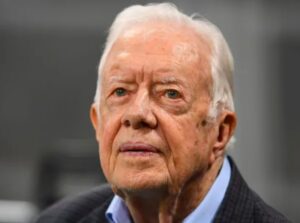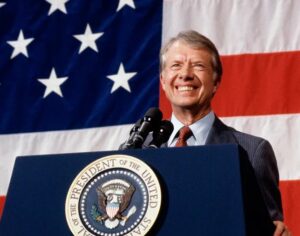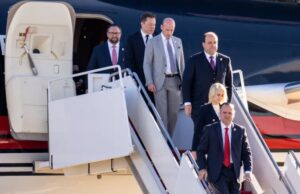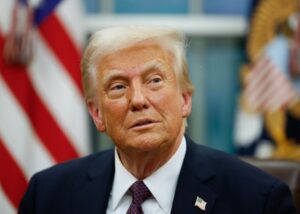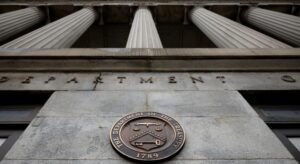
Vice President Kamala Harris kicked off her fall campaign with a series of Labor Day-themed events in Michigan, Wisconsin, and Pennsylvania on Monday, signaling the start of an intense push in the key states that will play a critical role in the upcoming November election.
These events underscore Harris’ focus on maintaining momentum over the next few months. While she has made efforts to broaden her appeal across various states, the choice of Michigan, Wisconsin, and Pennsylvania—three states that were pivotal in President Joe Biden’s 2020 victory—highlights their significance in the upcoming election.
In Pittsburgh, Harris was joined by President Biden for a rally, marking their first joint campaign appearance since Biden announced his decision not to seek re-election and to support Harris instead.
“I’ll be on the sidelines, but I’ll do everything I can to help,” Biden remarked. “Are you ready to make Donald Trump a loser again?”
At the event in Pennsylvania, Harris expressed her opposition to US Steel’s potential acquisition by Japanese-owned Nippon Steel, emphasizing the importance of keeping the company under American ownership.
“US Steel is a historic American company, and it is vital for our nation to maintain strong American steel companies,” Harris told the crowd of union members.
Nippon Steel defended the deal, arguing that it would strengthen both US Steel and the broader American steel industry.
Earlier in Detroit, Harris delivered a speech to union members, highlighting the “dignity of work” and pledging to bolster protections for collective bargaining. She drew sharp contrasts with her opponent, Donald Trump, and emphasized the crucial role unions have played in building America’s middle class.
“We celebrate unions because they helped build America’s middle class,” Harris told a packed gymnasium.
Accompanied by prominent union leaders, including United Auto Workers president Shawn Fain and American Federation of Teachers president Randi Weingarten, Harris reiterated her support for the PRO Act, legislation aimed at ensuring workers’ rights to unionize and collectively bargain.
Monday’s events occurred just 64 days before Election Day, with Harris urging supporters to ignore polls and focus on the final stretch of the campaign.
“I’m telling you we know how they play, we know what they do,” she said. “Let’s run like we are the underdog because we know what we are fighting for.”
Meanwhile, Harris’ running mate, Minnesota Governor Tim Walz, celebrated Labor Day in Milwaukee, where he underscored his strong ties to organized labor and challenged Republicans to criticize his pro-labor stance.
Trump and his running mate, Ohio Senator JD Vance, had no scheduled events on Labor Day. Instead, Trump took to his social media platform to criticize Harris over high gas and grocery prices while touting his record on trade.
“Donald Trump is ditching workers on Labor Day because he is an anti-worker, anti-union extremist,” said Harris campaign spokesperson Joseph Costello in response.
Ahead of Harris’ Detroit visit, Michigan Governor Gretchen Whitmer praised Harris’ record and criticized the Republican ticket for being out of touch with workers.
“If your most famous line is ‘You’re fired,’ you sure as hell don’t understand workers,” Whitmer said, referring to Trump’s catchphrase from “The Apprentice.” She added that Harris has been part of “the most pro-labor administration in American history.”
As Harris focused on key labor issues, Trump’s allies in Michigan criticized her stance on auto manufacturing, particularly the Biden administration’s push for electric vehicles, which they argue could harm autoworkers’ jobs.
Harris’ campaign has countered such claims, emphasizing that the administration’s goal is to have electric vehicles make up half of all new vehicle sales by 2030, without mandating an outright shift.

